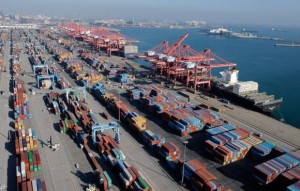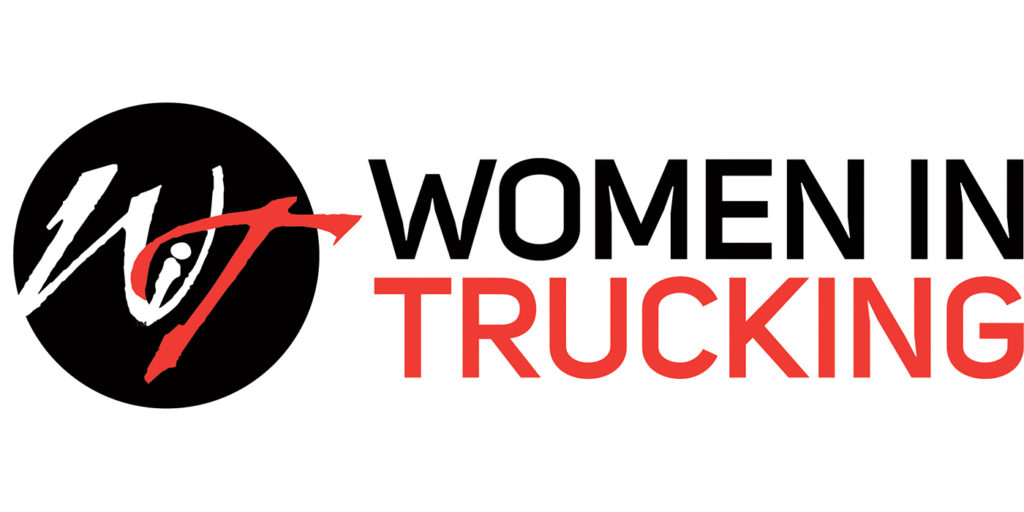
The Auto Care Association and a coalition representing retailers, manufacturers, truckers, transportation intermediaries and other business groups this week have asked the Federal Maritime Commission (FMC) to set new policy preventing terminal operators and ocean carriers from charging unfair fees when uncontrollable incidents such as storms and strikes keep cargo from being picked up from ports on time.
“Recent events involving port congestion, labor strife, an ocean carrier bankruptcy, inclement weather and other disruption events have had crippling effects on U.S. ports and the stakeholders who rely on the efficient movement of goods,” said the 25-member Coalition for Fair Port Practices in a petition filed with the commission.
During the incidents, storage and use charges have continued “even though shippers, consignees and drayage providers had no control over the events that caused the ports to be inaccessible and prevented them from retrieving their cargo or returning equipment.”
Cargo owners and trucking companies are normally given a certain number of free days to pick up containers of imported goods from ports after they have been unloaded from ships. After that, they can be charged “demurrage,” a fee intended to ensure that containers are removed quickly and efficiently. In addition, detention and per diem fees can be charged if the cargo containers and the trailers used to haul them, officially known as chassis, are not returned within a specified time.
That system was thrown into disarray this fall when the bankruptcy of South Korea’s Hanjin Shipping left cargo owners unable to pick up containers on time and later prevented them from returning containers and chassis. Delays also have occurred during other port disruptions cited in the petition, including the 2014-‘15 labor slowdown at West Coast ports and Hurricane Sandy on the East Coast in 2012.
The coalition said millions of dollars in fees have been charged during such incidents:
- In one example cited, a retailer was charged $80,000 because it took up to nine days to retrieve containers when only four free days were allowed.
- A trucking company was charged $1.2 million after long lines at New York and New Jersey ports kept it from returning containers on time.
- A transportation company was charged $1.25 million after containers it tried to return were turned away at West Coast ports; the amount was eventually reduced to $250,000 but only a year after the company was forced to pay the fees upfront.
“Shippers, consignees and drayage providers do not create and cannot avoid these events,” the group said. “They cannot control the weather. They do not choose the terminals that carriers use. They are not parties to port labor collective bargaining agreements.”
The Federal Shipping Act requires that the fees and related practices be “just and reasonable.” The petition asks the FMC to adopt a policy that would require free days to be extended during times of port congestion, weather-related events, port disruptions or delays caused by government actions or requirements beyond the control of the parties picking up or returning containers.
Demurrage and similar fees charged during such incidents would be declared “unreasonable.” In some cases, “compensatory” fees could be charged provided that they did not exceed actual storage or equipment use costs. The proposed policy would apply to ocean carriers and marine terminal operators.













